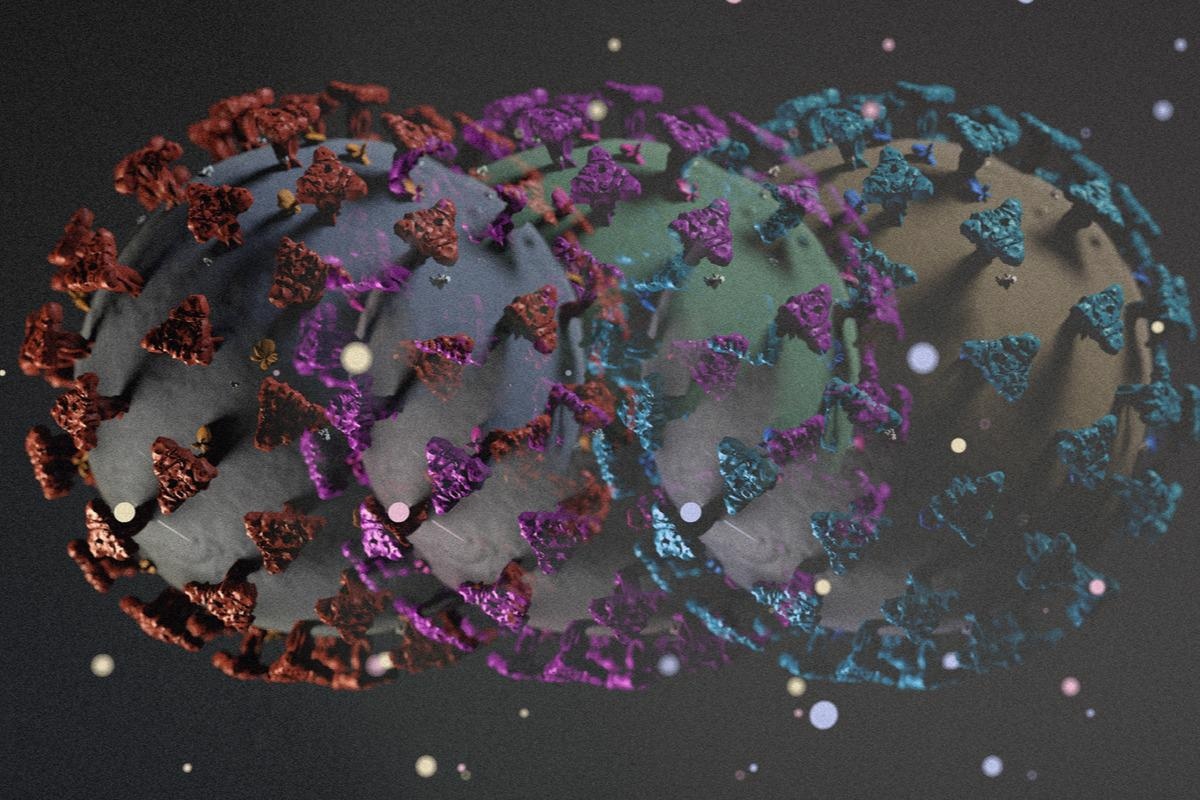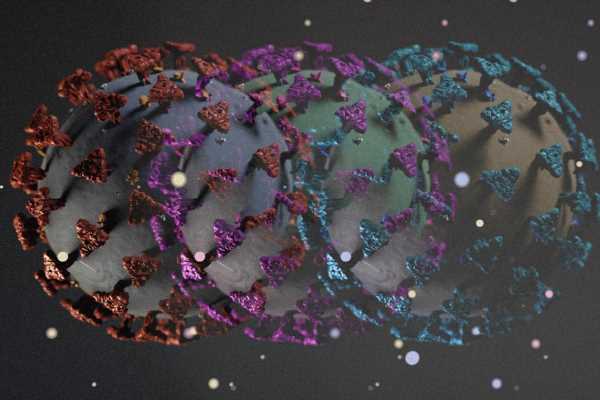In a recent study posted to the medRxiv* preprint server, researchers reported the vaccine effectiveness (VE) and duration of immunity against severe acute respiratory syndrome coronavirus 2 (SARS-CoV-2) Omicron.

Since its emergence in late November 2021, the Omicron variant has rapidly spread worldwide, replacing previously dominant variants. Elevated rates of symptomatic or asymptomatic infection in fully vaccinated individuals and convalescents raise concerns about the effectiveness of current vaccines against SARS-CoV-2 Omicron.
About the study
In the present study, researchers reported results from an interim analysis of a living systematic review (LSR) summarizing evidence on VE and duration of protection against SARS-CoV-2 Omicron. For the LSR, the researchers included studies investigating VE against SARS-CoV-2 infection among people aged 12 years or older for European Medicine Agency (EMA) approved vaccines.
For the current analysis, only the studies which investigated the mentioned outcomes due to SARS-CoV-2 Omicron or during the Omicron period were considered. The coronavirus disease 2019 (COVID-19) literature database created by the Robert Koch Institute (RKI) library was searched for studies published from October 23, 2021, to January 14, 2022, regardless of publication status or language.
Additional studies were identified by hand-search or meta-search of websites till February 11, 2022. Studies with potential relevance were screened at the title or abstract and full-text level. The VE data across the following three comparisons were considered – 1) primary series vs. no vaccination, 2) primary vs. booster vaccination, and 3) booster vs. no vaccination.
The primary outcomes were examining VE against SARS-CoV-2 infection confirmed by polymerase chain reaction (PCR) or antigen tests, symptomatic or severe COVID-19. VE data were stratified based on the time since vaccination: 14 days, 14 days to three months, three to six months, and more than six months. The researchers assessed the percent difference of VE over time for studies reporting estimates for at least two-time points.
Findings
The team identified more than 8,400 entries from the database and 38 by hand-search or meta-search of websites. After screening, 26 studies were selected for data extraction. Most (21) were non-peer-reviewed; five investigated VE against infection and associated outcomes with the Omicron variant alone. The remaining studies included VE estimates against infection with SARS-CoV-2 Delta for comparison.
The variant associated with infection was identified by S-gene target failure (SGTF) in PCR tests, whole-genome sequencing (WGS), or from known time points of the predominant circulation of SARS-CoV-2 Omicron. Twenty-two studies reported VE estimates for primary vaccination, whereas 23 reported VE for booster dose. One study compared VE after the second booster dose (fourth dose) to after the third dose.
Most studies assessed the VE of messenger ribonucleic acid (mRNA) vaccines (13 Pfizer’s BNT162b2, and nine investigated Moderna’s mRNA-1273). Twelve studies examined VE against any SARS-CoV-2 infection, i.e., without differentiating between symptomatic or asymptomatic cases. Across all studies, VE after 14 days of primary vaccination ranged from 0% to 62%.
The studies reporting data for at least two-time points revealed a decline in VE by 16% to 34% up to six months with mRNA vaccination. After booster administration, VE across all studies was 34% to 76% relative to non-vaccinated subjects and 14% to 53% relative to those after primary vaccination. Twelve or more days after the fourth dose (second booster), VE against Omicron infection was 47%.
Seven studies estimated VE against symptomatic Omicron infection. VE at 14 days ranged from 6% to 76% across these studies. For studies with estimates on at least two-time points, VE dropped by 45% – 63% for mRNA vaccines and 50% for vector-based vaccines up to six months post-vaccination. VE at 14 days after booster dose was 19% to 73.9% relative to non-vaccinated subjects and 50% to 68% compared with primary vaccination.
Seventeen studies estimated VE against severe COVID-19. VE at 14 days was 3% to 84% compared to non-vaccinated individuals that dropped to 40% and 15% – 67% by six months post mRNA and vector-based vaccination, respectively. VE ranged from 12% to 100% at 14 days after booster vaccination and 78% to 93.7% up to three months post boost. After the fourth dose (second booster), VE was 75% against severe disease assessed at 12 days or later.
From the studies that included comparison groups, the risk ratios indicated a higher risk for any or symptomatic Omicron infection than Delta infection. Nevertheless, the risk of severe COVID-19 was lower post-Omicron infection than Delta infection in vaccinated people.
Conclusions
In summary, these observations revealed that VE after primary vaccination was low for COVID-19 vaccines approved in the European Union but improved post-boost in preventing Omicron infections. Moreover, VE was high against severe disease, particularly after administering a booster. Vaccine-induced immunity waned rapidly after primary vaccination but was less pronounced for severe COVID-19.
*Important notice
medRxiv publishes preliminary scientific reports that are not peer-reviewed and, therefore, should not be regarded as conclusive, guide clinical practice/health-related behavior, or treated as established information.
- Külper-Schiek, W. et al. (2022) "Facing the Omicron variant – How well do vaccines protect against mild and severe COVID-19? Third interim analysis of a living systematic review". medRxiv. doi: 10.1101/2022.05.25.22275516. https://www.medrxiv.org/content/10.1101/2022.05.25.22275516v1
Posted in: Medical Science News | Medical Research News | Disease/Infection News
Tags: Antigen, Coronavirus, Coronavirus Disease COVID-19, covid-19, Gene, Genome, immunity, Language, Medicine, Omicron, Polymerase, Polymerase Chain Reaction, Respiratory, Ribonucleic Acid, SARS, SARS-CoV-2, Severe Acute Respiratory, Severe Acute Respiratory Syndrome, Syndrome, Vaccine

Written by
Tarun Sai Lomte
Tarun is a writer based in Hyderabad, India. He has a Master’s degree in Biotechnology from the University of Hyderabad and is enthusiastic about scientific research. He enjoys reading research papers and literature reviews and is passionate about writing.
Source: Read Full Article
